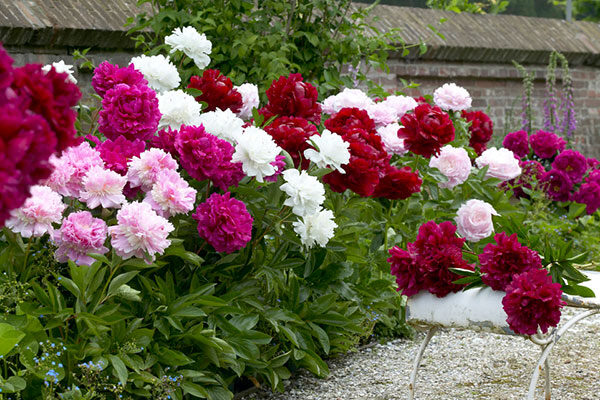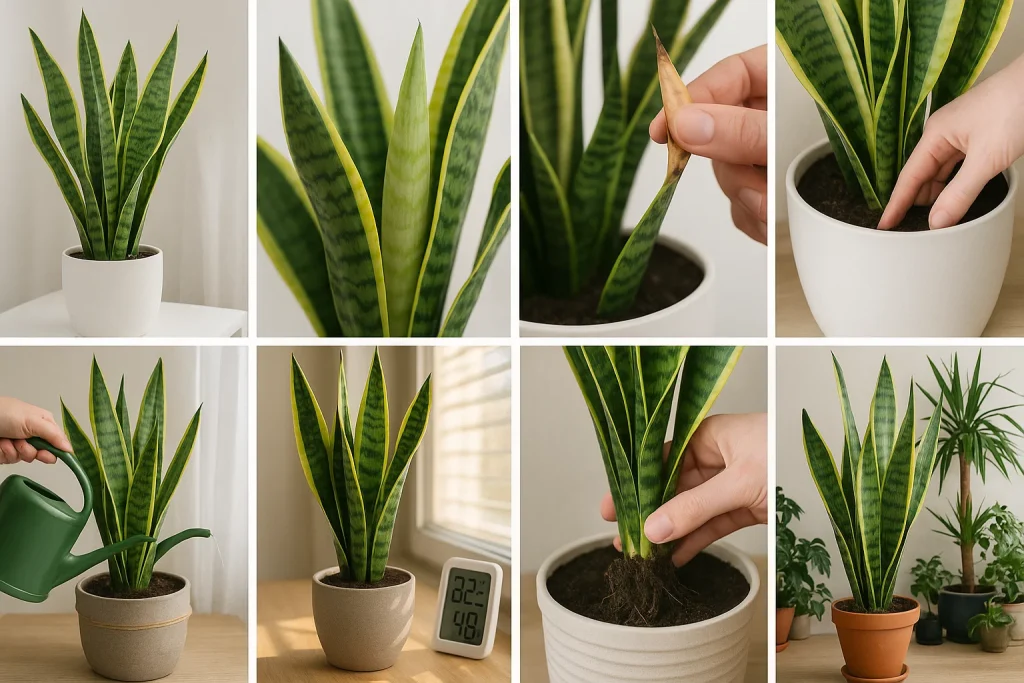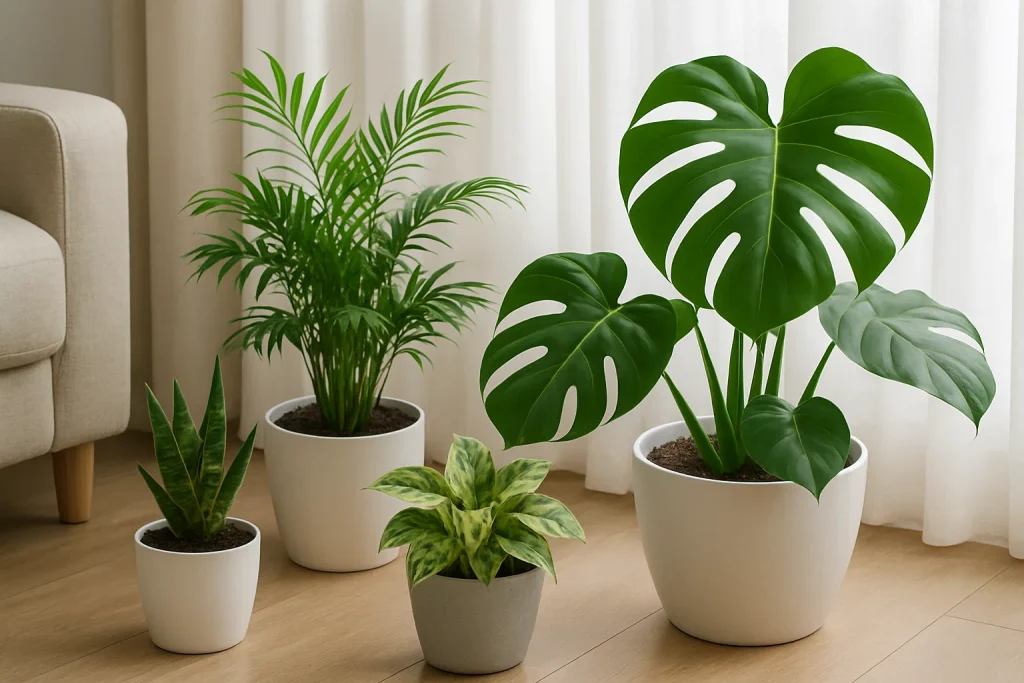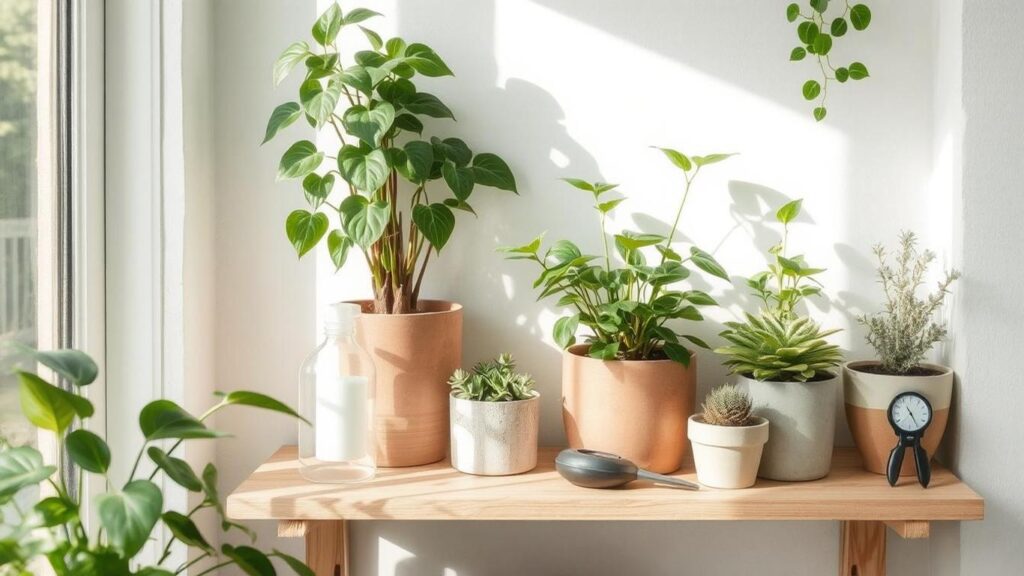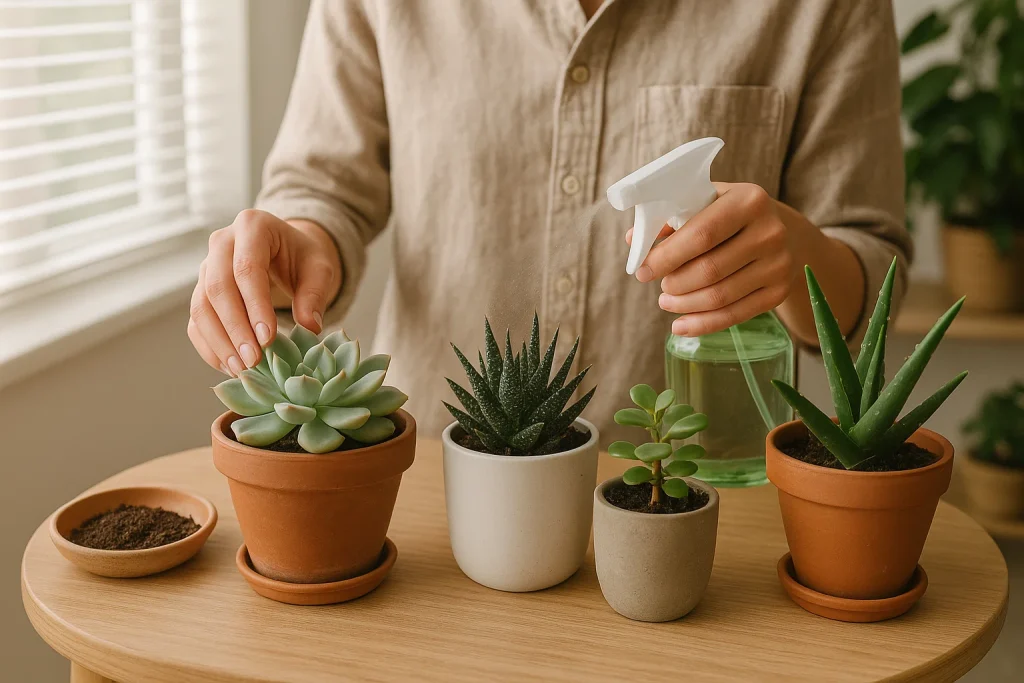Ultimate Guide to Indoor Herb Gardening
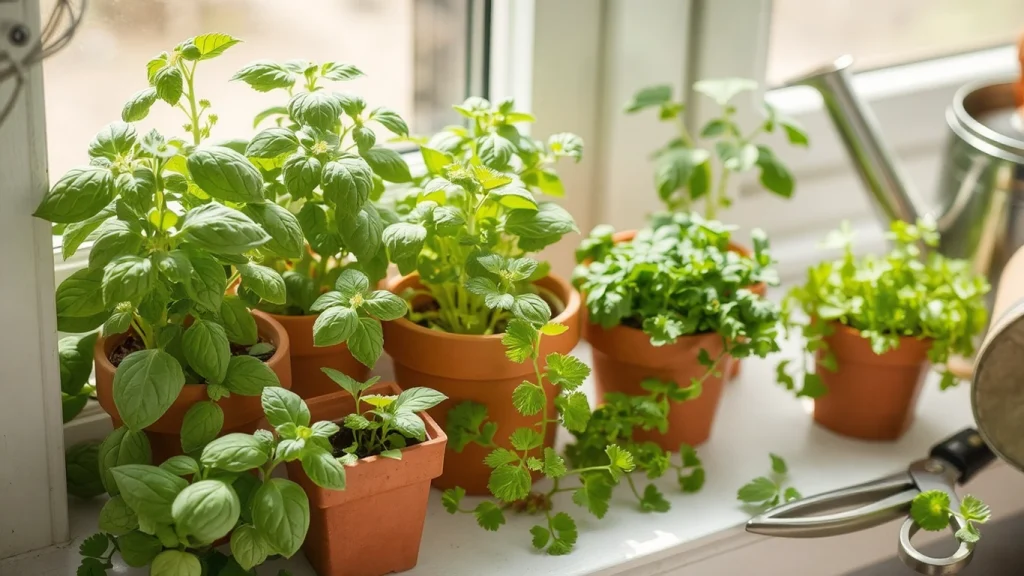
Indoor herb gardening is a fantastic way to enjoy fresh, flavorful herbs no matter the season or space you have. Whether you live in a small apartment or have limited outdoor space, growing your own herbs indoors offers convenience, cost savings, and the joy of nurturing plants. Plus, fresh herbs can elevate your cooking, boost your health, and brighten your living space.
Choosing the Right Herbs for Indoor Growth
Some herbs thrive indoors better than others. Here are the top picks:
- Basil: Loves warmth and sunlight; perfect for sunny windowsills.
- Mint: Hardy and fast-growing; great in pots but watch for spreading roots.
- Parsley: Requires moderate light and regular watering.
- Thyme: Prefers well-drained soil and plenty of light.
- Chives: Easy to grow, needs bright light and regular trimming.
- Cilantro: Likes cooler temperatures and indirect light.
Essential Tips for Successful Indoor Herb Gardening
1. Choose the Right Containers
Use pots with drainage holes to prevent waterlogging. Consider self-watering pots or containers with saucers to manage moisture.
2. Use Quality Potting Mix
Opt for a lightweight, well-draining potting soil designed for herbs or indoor plants. Avoid garden soil, which can be too dense.
3. Provide Adequate Light
Most herbs need 6-8 hours of sunlight daily. Place them near south or west-facing windows. If natural light is insufficient, invest in grow lights.
4. Water Wisely
Water when the top inch of soil feels dry. Overwatering can lead to root rot; underwatering will dry out the plants.
5. Maintain Humidity and Temperature
Herbs prefer temperatures between 65-75°F (18-24°C) and moderate humidity. Mist plants occasionally or use a humidifier in dry environments.
6. Prune and Harvest Regularly
Regular trimming encourages bushier growth and prevents legginess. Harvest leaves often to enjoy fresh herbs and stimulate growth.
Troubleshooting Common Problems
- Yellowing Leaves: Often caused by overwatering or poor drainage.
- Leggy Plants: Insufficient light; move plants to a brighter spot or add grow lights.
- Pests: Watch for aphids, spider mites, and whiteflies. Treat with insecticidal soap or neem oil.
Creative Uses for Your Indoor Herbs
- Fresh herbs in salads, sauces, and teas.
- Homemade herbal oils and vinegars.
- Natural air fresheners and decor accents.

